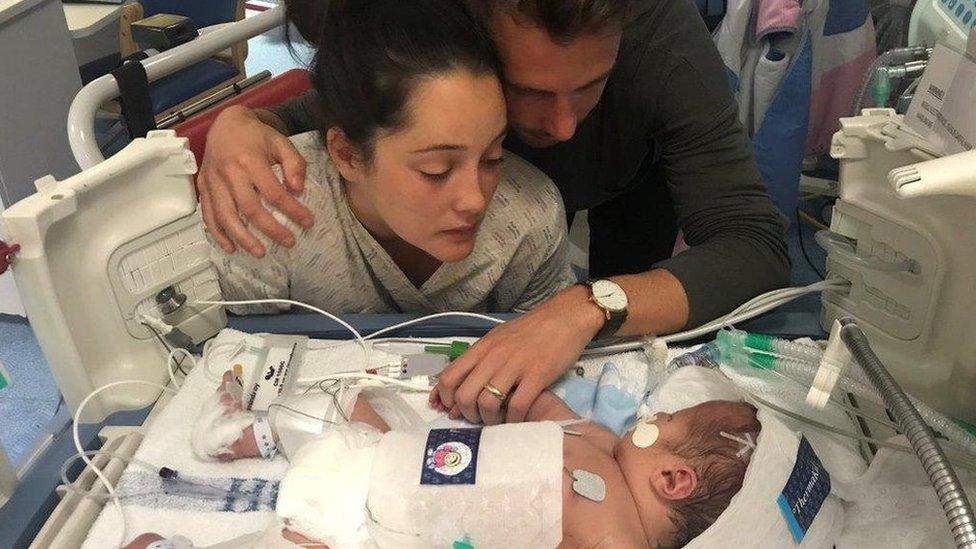East Kent: Government pledges improvements to maternity care after damning report
- Published
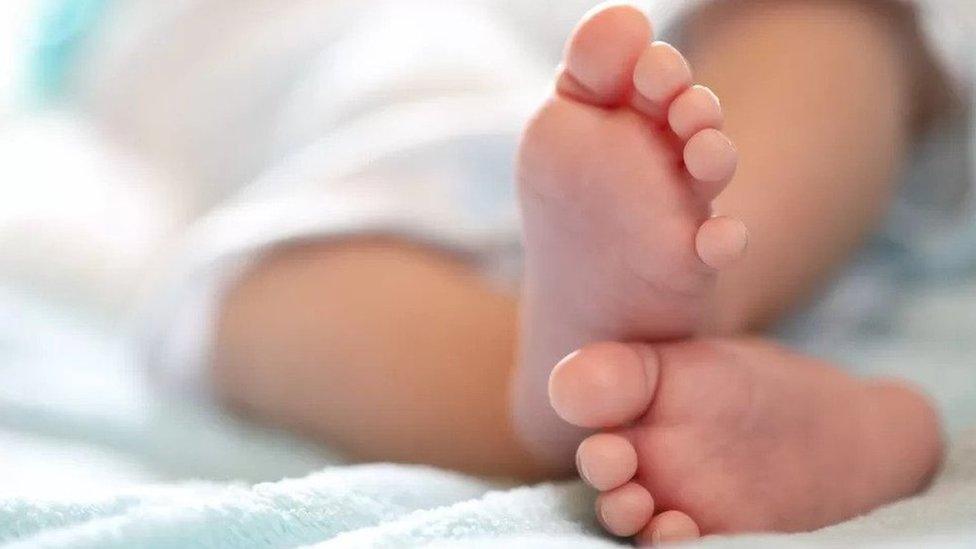
An independent review in October found that at least 45 babies might have survived
Nationwide action will be taken to improve safety and care for mothers and their babies within the NHS following a damning report into East Kent's baby death scandal, the government has said.
At least 45 babies might have survived with better care at East Kent NHS, Dr Bill Kirkup's review found last year.
The government published its full response to the review on Thursday.
NHS England has welcomed the response, stating the failings "must not continue to be repeated".
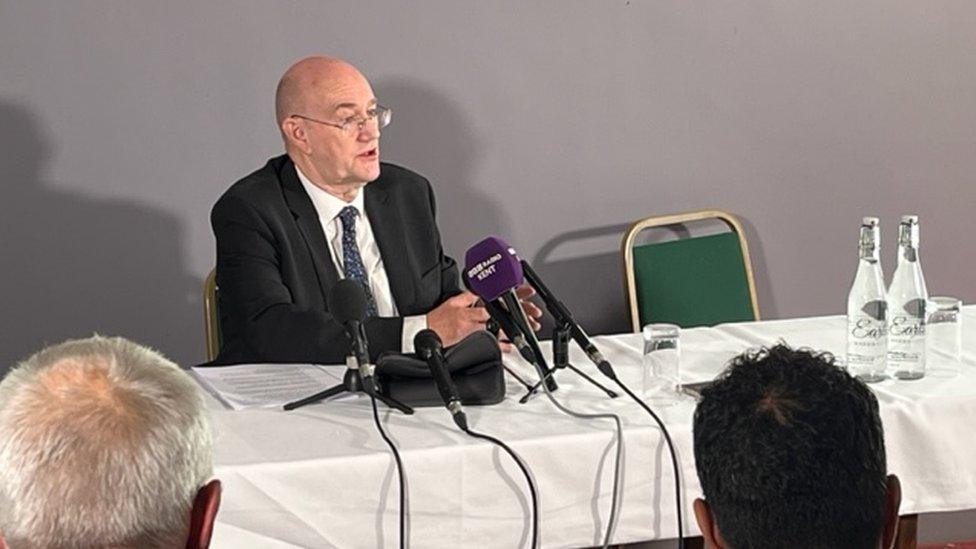
The independent review was chaired by Dr Bill Kirkup CBE
The initial review uncovered a "clear pattern" of "sub-optimal" care that led to significant harm, and said families were ignored.
The medical experts reviewed an 11-year period from 2009 at two hospitals, the Queen Elizabeth Queen Mother in Margate and the William Harvey in Ashford.
As a result, a special data task force has been set up by NHS England to better monitor patient safety in maternity and neonatal care nationwide.
The government also pledged to investigate how teamwork in maternity and neonatal care spaces can be improved and how doctors can be better trained.
'Important step forward'
Women's health minister Maria Caulfield will also chair a new group overseeing maternity services nationwide.
She said while the issues were a result of an investigation into East Kent NHS Hospitals Trust, "many will resonate across the wider system".
"That is why our response sets out the existing work that is already underway to drive forward system-wide improvements," she said.
"Every woman deserves to feel confident in the care they and their baby receive. I'm determined to see safety standards in maternity and neonatal care improve across the country."
The Maternity and Neonatal Care National Oversight Group will bring together representatives from the NHS and other organisations to improve maternity and neonatal care, including the implementation of Dr Kirkup's recommendations.
Dr Kirkup, who was appointed by Mrs Caulfield to help ensure teams in maternity and neonatal care across England work together more collaboratively, said the government's response was an "important step forward in addressing the issues".
"I welcome the opportunity to lead this significant work. I look forward to drawing together an Action Group to advise me in doing so," he added.
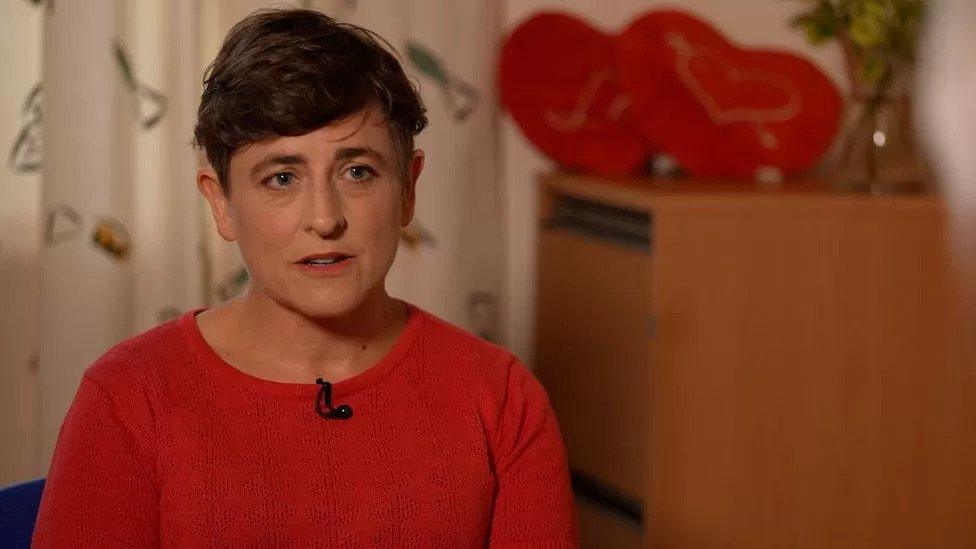
Helen Gittos’ daughter died in the trust's care in 2014
Helen Gittos, whose daughter died in the trust's care in 2014, said doctors and midwives must agree on common objectives.
"They need to find a way to ensure that midwives and doctors are trained to listen to women," she said.
"They also need to persuade trust's to stop putting reputation management ahead of patient safety."
Dr Matthew Jolly, national clinical director for maternity and women's health at NHS England, said the government has taken steps to improve the quality of care for mothers and babies within the NHS, including £165m of additional investment per year to improve maternity and neonatal services.
"In March, we published a delivery plan for maternity and neonatal care which sets out what the NHS will do over the next three years to make care safer, more personalised and more equitable for all women, babies and families," he said.
If you have been affected by any issues in this story you can contact the BBC Action Line for advice.

Follow BBC South East on Facebook, external, on Twitter, external, and on Instagram, external. Send your story ideas to southeasttoday@bbc.co.uk
- Published8 March 2023

- Published19 October 2022
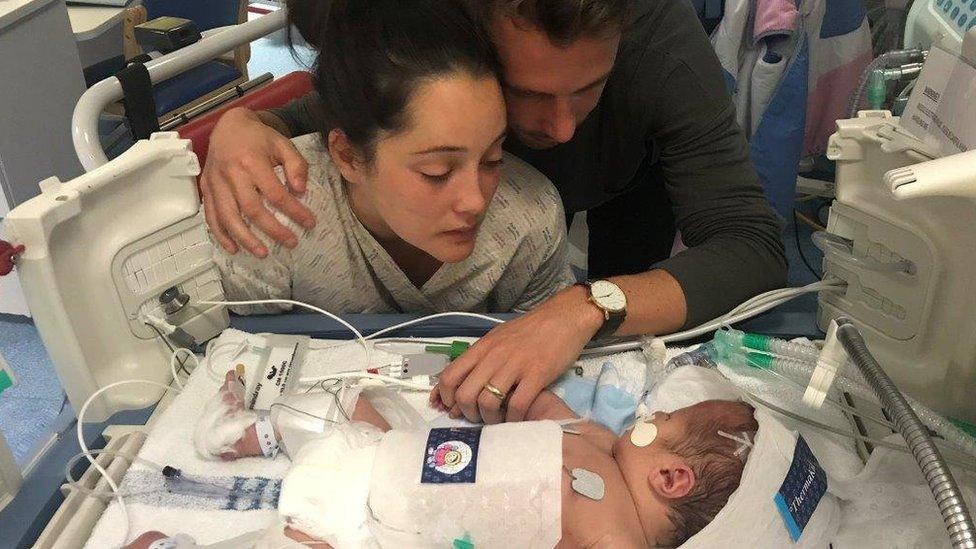
- Published19 October 2022
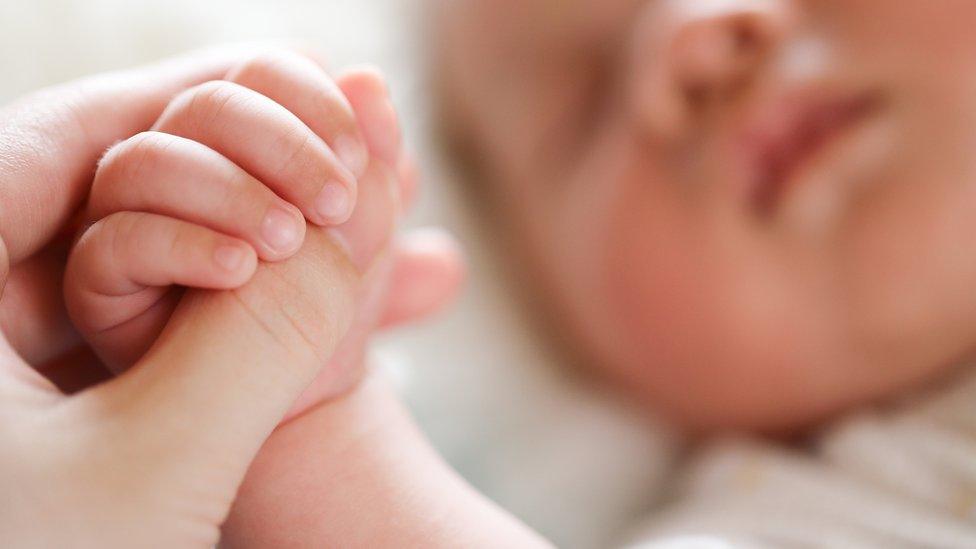
- Published18 October 2022
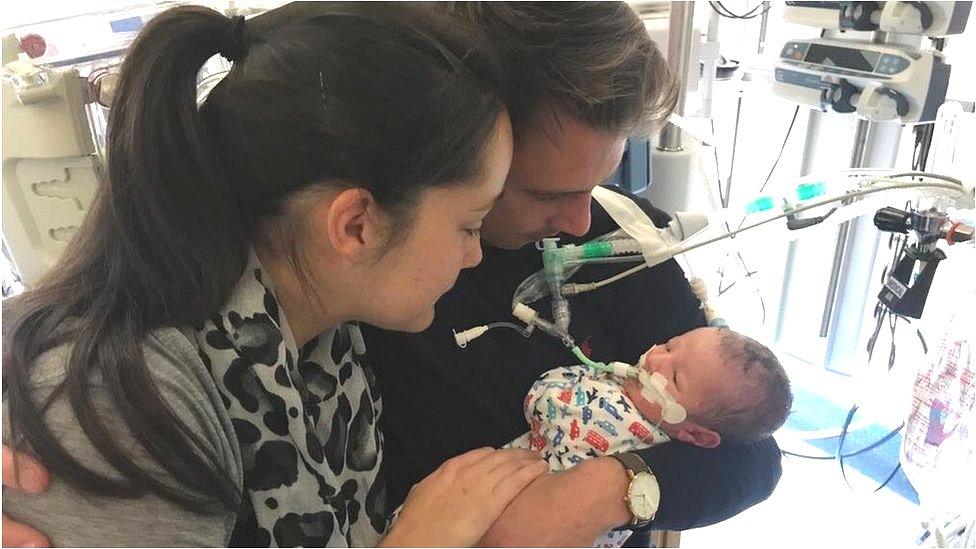
- Published19 April 2021
